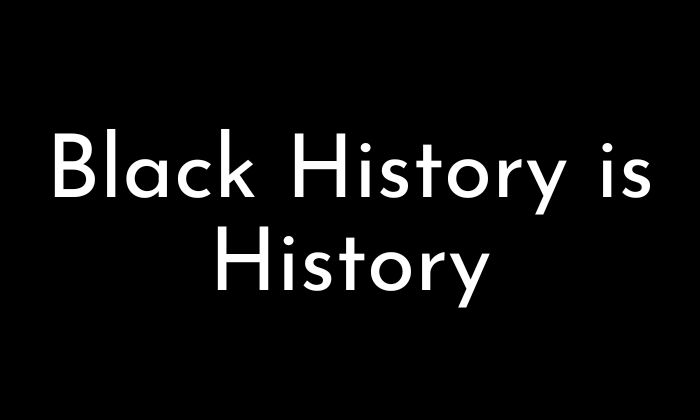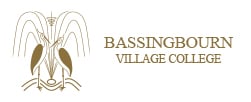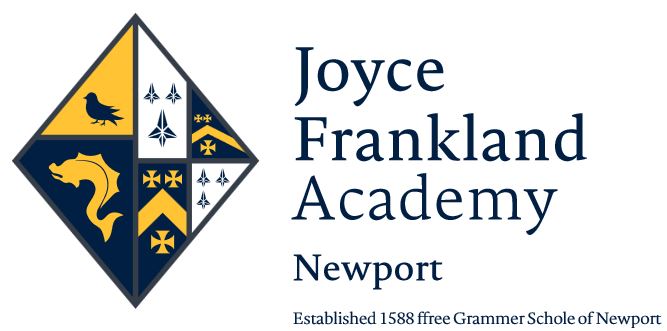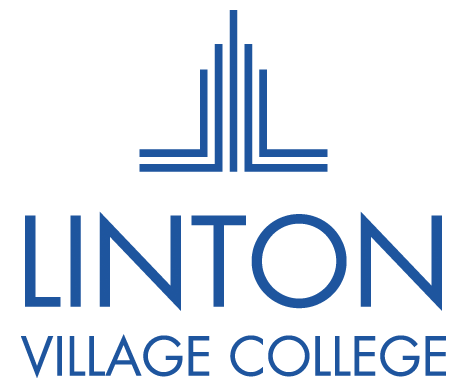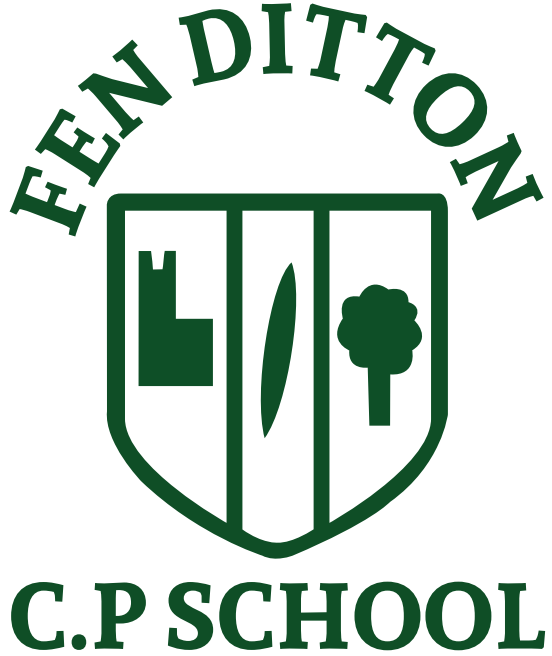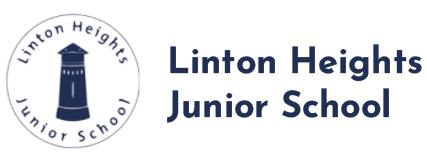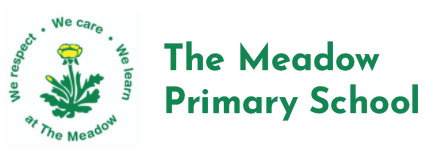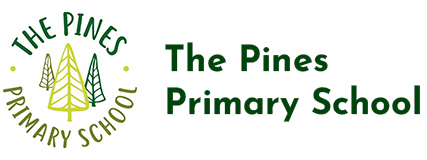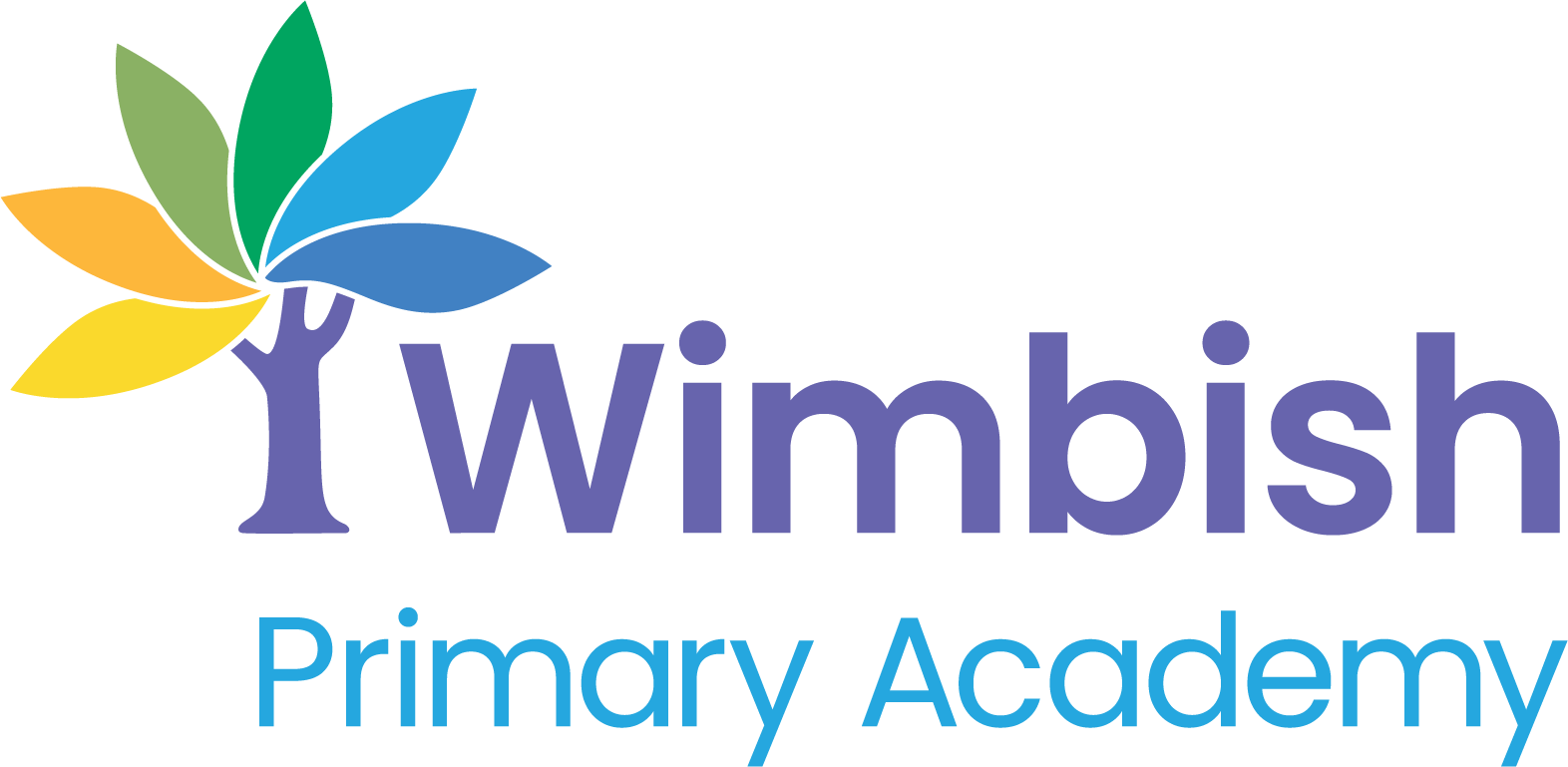Black History Is History
Black History Month is an important occasion to recognise and celebrate the invaluable contributions of black people to British society. It also serves as an opportunity to inspire and empower future generations. The 2023 theme of ‘Saluting our Sisters’ asks us to focus on the role black women have played in shaping history, inspiring change, and building communities.
This year, however, Anglian Learning would like to highlight some of the work that is going on across our schools to ensure that Black History and Culture is for every month of the year, rather than something just for our pupils to explore in one month. Starting in the academic year 2021-22, of group of teachers from across Anglian Learning schools met together in a working party called ‘Inclusivising the Curriculum’ to discuss how we can ensure we make our curriculums more representative in sensitive and appropriate ways. The group has discussed, shared and disseminated key theory and scholarship and thought carefully about how this can be applied in the context of our own schools.
Furthermore, departments within our schools have been working hard to diversify what we teach and ensure that our curriculums are more inclusive and representative:
For example, at Sawston Village College, many departments have started to integrate Black History and Culture throughout the curriculum. The English department have focussed on studying texts from diverse female authors including ‘Clap When You Land’ by Elizabeth Acevedo. The Music department explore Black culture through studying Samba and Steel Pans, while the History department have ensured Black female voices are heard from stories about Nanny of the Maroons in Year 8 to Claudia Jones in Year 10.
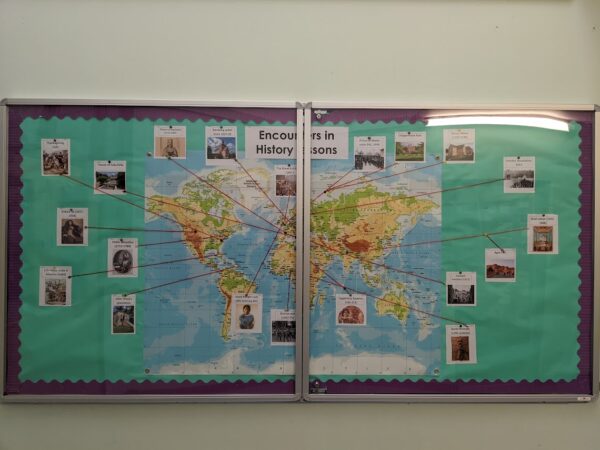
At Joyce Frankland Academy, there have also been many developments. The Drama department explores Noughts and Crosses by Malorie Blackman with Year 8 and Small Island by Andrea Levy with Year 10. Year 7s get to explore African masks and patterns in Art and African traditional dance. In Modern Foreign Languages, Year 8 also get to explore North African Culture and study Senegalese traditions.
We would also encourage you to use this opportunity to engage with wider community events for Black History Month: for example, there is currently a fantastic free exhibition on at the Fitzwilliam Museum in Cambridge called, ‘Black Atlantic: Power, People, Resistance’, which explores the University’s links to slavery and would be a good opportunity for both and staff and young people to attend, as it enables pupils to reflect on the complex histories of the past through original artefacts, but also through the lens of contemporary art. For more information visit: https://fitzmuseum.cam.ac.uk/plan-your-visit/exhibitions/black-atlantic-power-people-resistance
